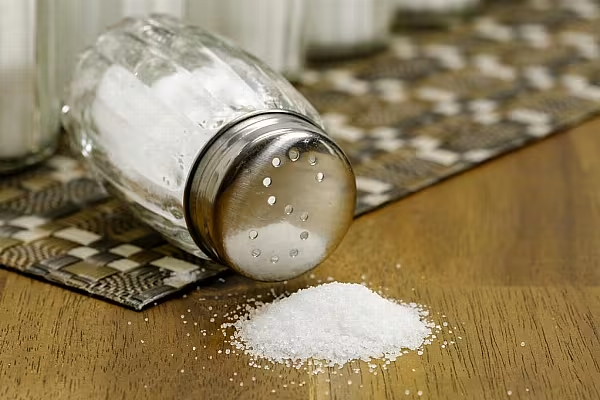The level of sodium in plant-based food items could undermine the benefits that consumers associate with the category, according to GlobalData.
A study conducted by researchers from Deakin University in Australia unveiled that one bowl of plant-based mince may contain the entire daily recommended amount of sodium.
This nutritional audit of more than 700 plant-based foods sold in Australian supermarkets has called into question the nutritional credentials of plant-based food products, GlobalData noted.
Katrina Diamonon, principal analyst, consumer team at GlobalData commented, “The rise of plant-based foods has, in large part, been driven by assumptions that they are more nutritious than animal-based products. In fact, almost half of consumers globally are motivated to try plant-based food alternatives as they are perceived to be healthier.
“The results of this and similar studies are likely to cause consumers to re-evaluate their attitudes towards plant-based foods and look more closely at nutritional specifics. Significantly, consumers who are striving to improve their diets are still more inclined to be influenced by factors such as fat and salt content compared with plant-based formulations.”
Focus On Health
According to GlobalData 2023 Q1 Consumer Survey, published in April 2023, Australian consumers are more likely to associate a healthy lifestyle with low-salt products than plant-based products.
This highlights the need for plant-based formulations to closely align with consumers’ nutritional needs and expectations.
Diamonon added that it is not entirely unexpected to see elevated salt levels in plant-based foods, given the importance of ensuring sensory benefits are not compromised.
However, manufacturers need to go beyond sale and explore other techniques and seasonings to create better flavour and experience.
“Ultimately, the onus is on the food industry to offer increased transparency with regards to the nutritional quality of plant-based foods and take greater efforts to formulate products in line with government-issued salt reduction targets. Failing to do so will erode the health halo of plant-based foods and lead to further uncertainty, frustration, and skepticism among consumers,” Diamonon added.











